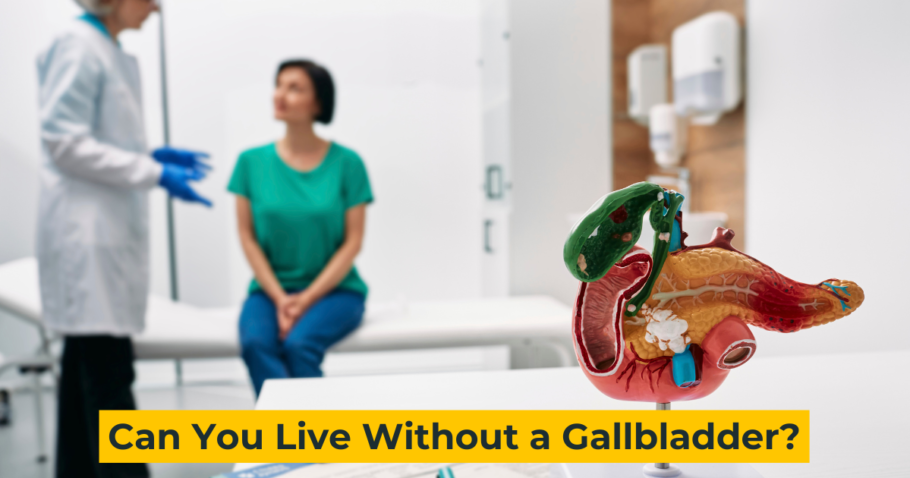Introduction
The gallbladder is a small organ located beneath the liver, playing a vital role in digestion by storing and releasing bile. However, living without a gallbladder is entirely possible. For individuals considering or recovering from gallbladder removal, understanding how life changes post-surgery is crucial. This detailed guide explores whether you can live without a gallbladder, the adjustments your body makes, and the necessary lifestyle changes.
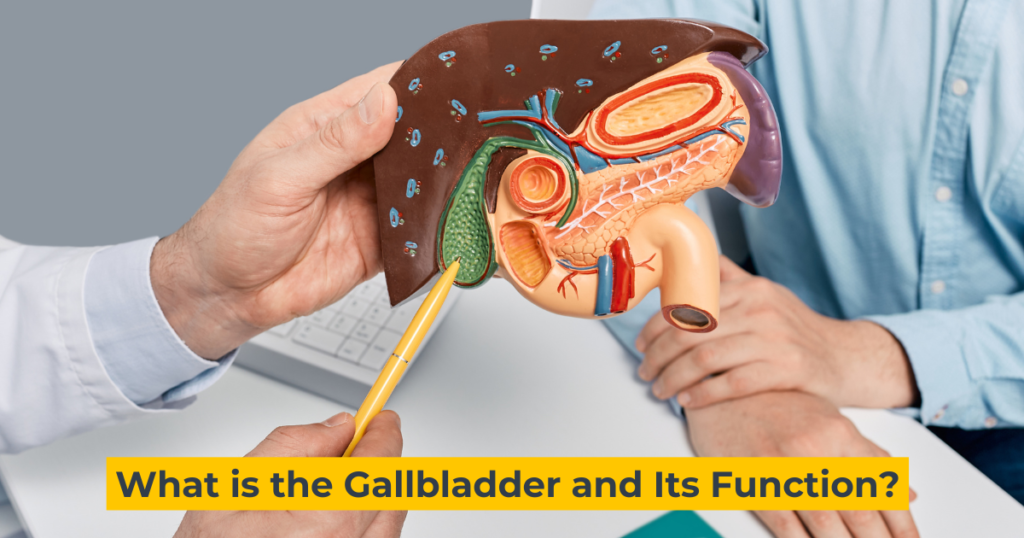
What is the Gallbladder and Its Function?
Role of the Gallbladder in Digestion
The gallbladder’s primary function is to store bile, a digestive fluid produced by the liver, and release it into the small intestine to aid in fat digestion. Bile breaks down dietary fats into smaller molecules, making them easier for the body to absorb. Without this organ, the liver continues to produce bile, but its release is less regulated.
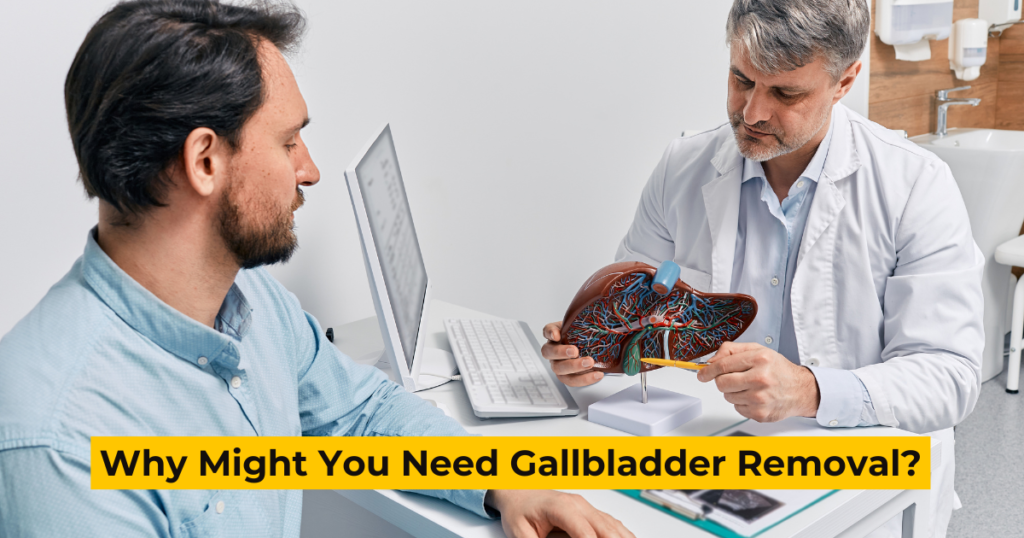
Why Might You Need Gallbladder Removal?
Gallbladder removal, or cholecystectomy, is typically recommended for conditions like gallstones, inflammation, or infections that cause severe pain or block bile flow. Gallstones are hardened deposits that form within the gallbladder, often leading to symptoms such as nausea, bloating, and abdominal pain. Early detection and treatment of these conditions can prevent complications like bile duct obstructions or infections.
Can You Live Without a Gallbladder?
Living without a gallbladder is not only possible but also manageable. The liver continues producing bile, and while the digestive process may change slightly, most people adjust well.
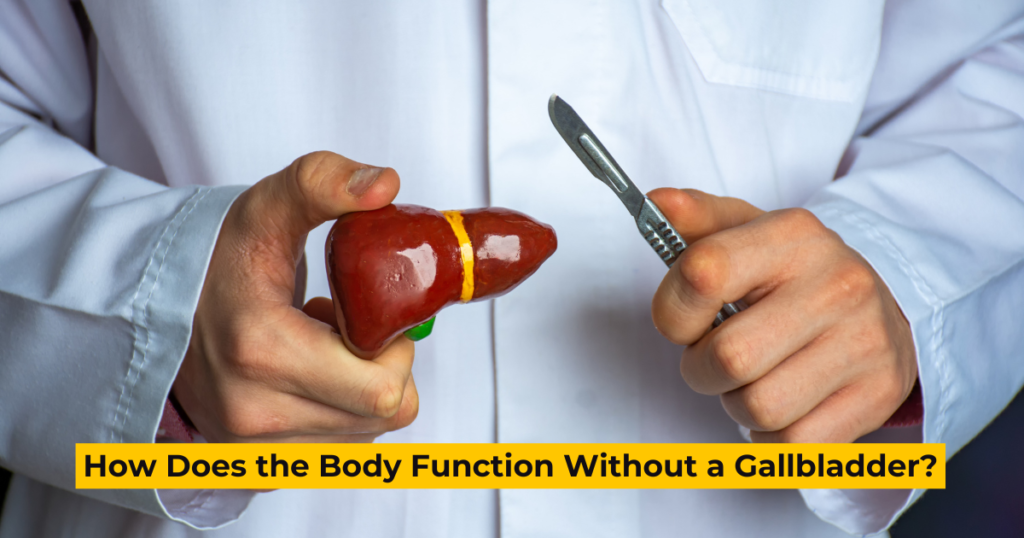
How Does the Body Function Without a Gallbladder?
After gallbladder removal, bile is no longer stored but flows directly into the small intestine. This continuous flow means your body needs to adapt, especially when digesting fatty foods. Without a gallbladder, the bile’s effect on fat digestion is less concentrated. Over time, the digestive system compensates, but some dietary adjustments may be necessary to avoid discomfort.
Impact on Digestive Efficiency
The absence of a gallbladder can lead to changes in how efficiently the body processes certain foods. Meals high in fat may result in indigestion or diarrhea. However, many people find that these symptoms diminish as their bodies adapt to the new digestive process.
Life After Gallbladder Removal
Immediate Post-Surgery Recovery
The recovery period varies from person to person, but most individuals resume normal activities within a few weeks. Common post-surgery experiences include mild digestive discomfort, bloating, and temporary changes in bowel habits. Following your surgeon’s guidelines regarding activity and diet can ensure a smoother recovery.
Digestive Adjustments Without a Gallbladder
Your digestive system adapts over time. Initially, you might notice difficulty digesting high-fat meals, but this typically improves as your body adjusts. Small, frequent meals can help ease the transition, reducing the strain on your digestive system.
Long-Term Health Considerations
Maintaining long-term digestive health involves balancing your diet and avoiding foods that trigger discomfort. Regular physical activity and hydration also play key roles in supporting digestion and overall wellness.
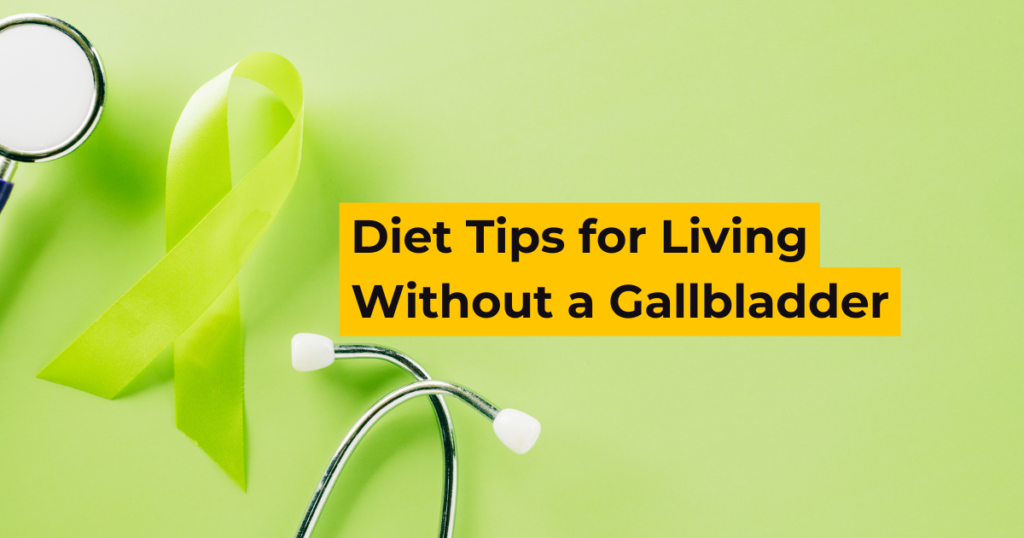
Diet Tips for Living Without a Gallbladder
Best Foods to Eat
Focus on foods that are easy to digest, such as:
- Lean proteins: Chicken, fish, and tofu.
- Whole grains: Brown rice, oats, and quinoa.
- Fruits and vegetables: Apples, carrots, and leafy greens.
- Healthy fats: Avocado and olive oil in moderation. Incorporating soluble fiber can also support digestion by aiding in bile absorption.
Foods to Avoid
Certain foods can exacerbate digestive discomfort:
- Fatty and fried foods.
- Spicy dishes.
- Dairy products high in fat.
- Processed and sugary snacks. Reducing meal portions can also prevent overloading your digestive system.
Creating a Balanced Diet Plan
A balanced diet is essential for long-term health. Include a mix of macronutrients and avoid high-fat, high-cholesterol meals. Experimenting with food combinations can help you identify what works best for your body.
Common Problems and Solutions
Post-Cholecystectomy Syndrome
Some individuals experience symptoms like bloating, diarrhea, or abdominal pain after gallbladder removal. This condition, known as post-cholecystectomy syndrome, can often be managed through dietary adjustments and, in some cases, medications prescribed by a healthcare provider.
Managing Digestive Discomfort
To alleviate digestive discomfort, avoid overeating, stick to small meals, and stay hydrated. Incorporating probiotics into your diet may help balance gut bacteria and improve digestion.
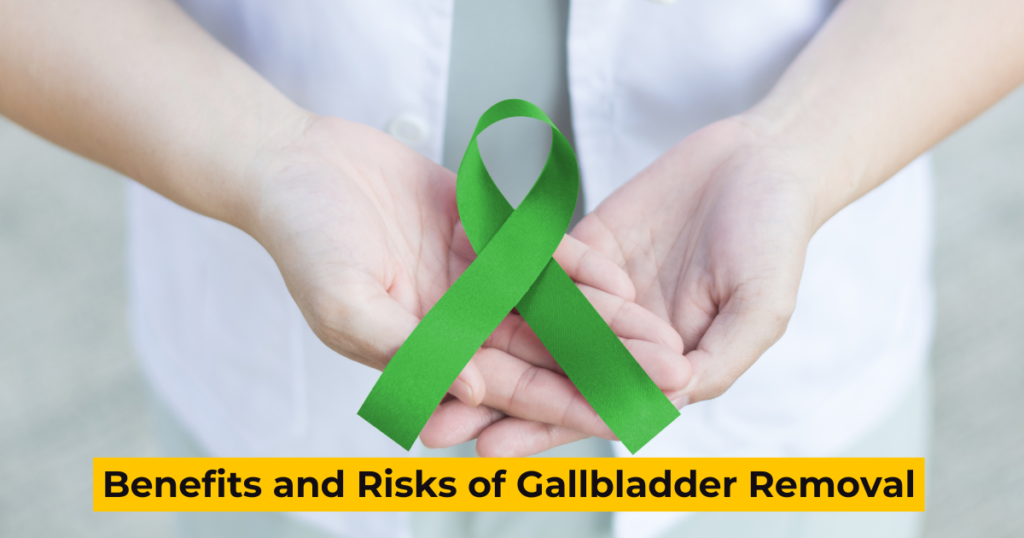
Benefits and Risks of Gallbladder Removal
Advantages of Living Without a Gallbladder
Relief from gallbladder-related conditions such as gallstones and inflammation is one of the most significant benefits of gallbladder removal. Many patients report improved quality of life after the surgery.
Potential Risks
Although rare, risks include bile reflux, diarrhea, or persistent digestive issues. Regular check-ups and mindful eating can mitigate these risks. Recognizing symptoms early and consulting with healthcare providers ensures better management.
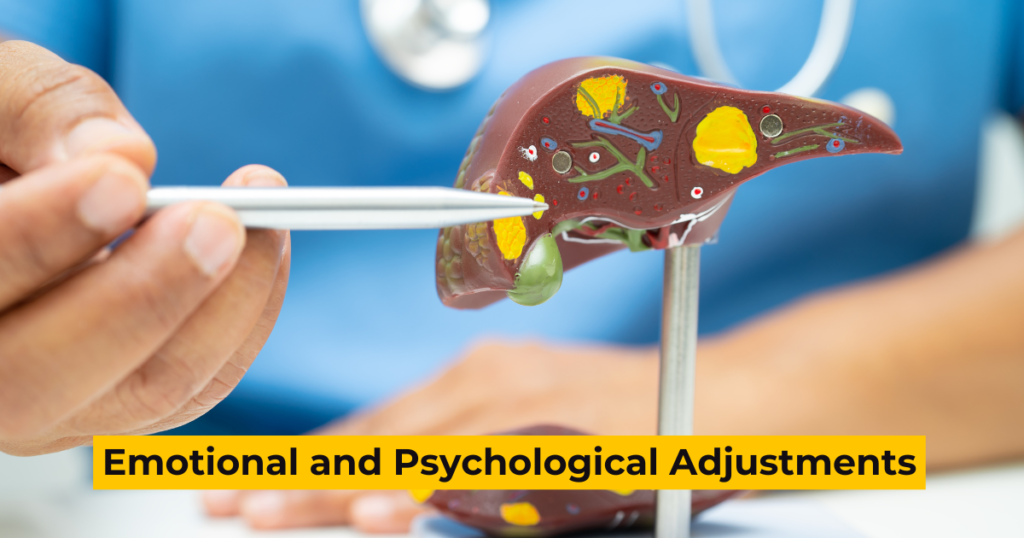
Emotional and Psychological Adjustments
Coping with Life After Surgery
Adjusting emotionally to life without a gallbladder can take time. Support groups, counseling, and connecting with others who have undergone the same procedure can provide reassurance and coping strategies. Education about your condition can also empower you to make informed lifestyle choices.
Building Confidence in Post-Surgery Life
Understanding that most people lead normal, healthy lives after gallbladder removal can help build confidence. Developing a routine that supports your digestive health and overall wellness fosters a sense of control.
FAQs
- Can you live without a gallbladder? Yes, living without a gallbladder is possible with some adjustments.
- What happens after gallbladder removal surgery? Bile flows directly from the liver to the intestine.
- How long is recovery after gallbladder removal? Most people recover within a few weeks.
- Are there any risks of living without a gallbladder? Potential risks include bile reflux and digestive discomfort.
- What foods should I eat after gallbladder surgery? Focus on lean proteins, fruits, vegetables, and whole grains.
- Can you digest food normally without a gallbladder? Yes, though high-fat meals may initially be challenging.
- What are common digestive issues after gallbladder removal? Bloating and diarrhea are common but often temporary.
- How to maintain a healthy diet without a gallbladder? Eat balanced meals and avoid high-fat foods.
- Does gallbladder removal affect fat digestion? Fat digestion continues, but the process may be less efficient.
- Is it safe to live without a gallbladder? Yes, most people lead normal lives post-surgery.

